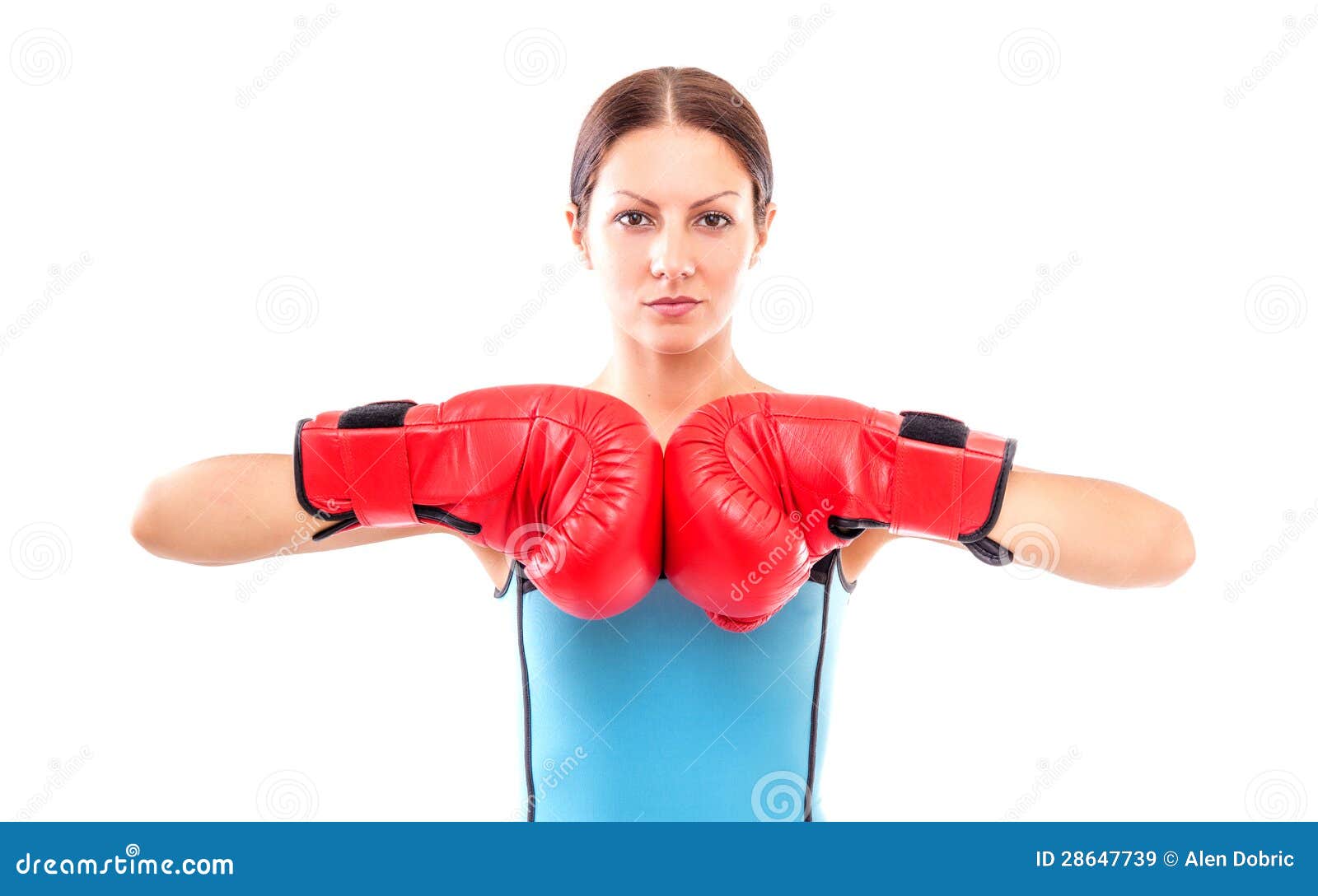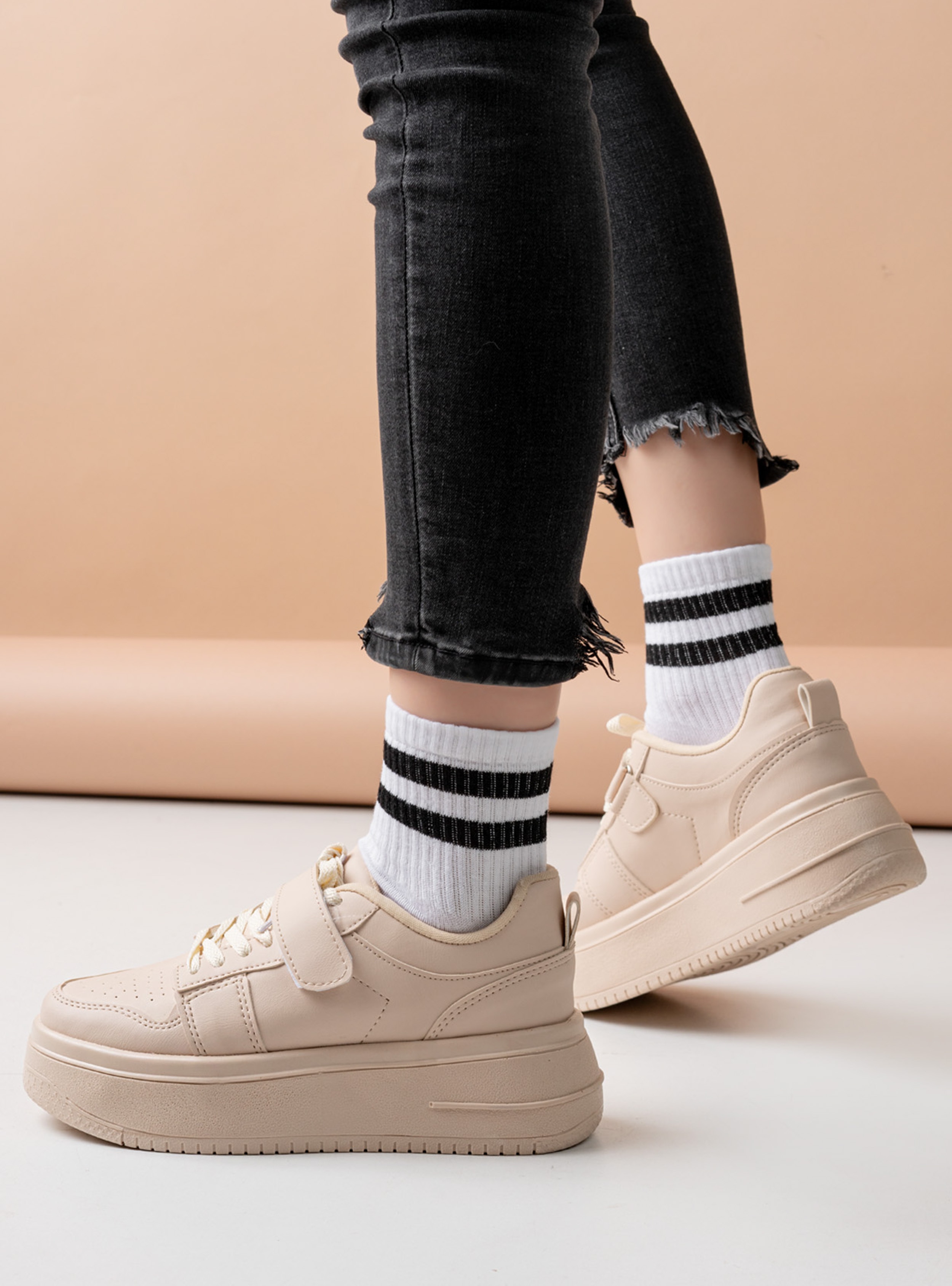Alright folks, let’s dive straight into the deep end here. Nude in sports is one of those topics that sparks heated debates, raises eyebrows, and makes people uncomfortable. But why? Why does the idea of nudity in sports send ripples through society when athletes have been stripping down to their bare essentials for centuries? Think about it—athletes in ancient Greece competed in the nude, and yet today, the mere mention of nudity in sports gets people all worked up. So, let’s explore this fascinating topic, break down the myths, and uncover the truths behind the scenes. Are you ready to dig deep?
Now, before you start thinking this is just another clickbait article, let me reassure you. We’re diving deep into the world of nude in sports, covering everything from historical roots to modern controversies, and even the psychological and social implications. This ain’t just fluff; it’s real talk, backed by facts, stats, and some good ol’ common sense.
So grab a coffee, sit back, and let’s explore the wild world of nudity in sports. By the end of this article, you’ll have a clearer understanding of why this topic matters, how it impacts athletes, and how society’s views on nudity in sports are evolving. Let’s get started!
Read also:Breckie Hill Leaks The Untold Story You Need To Know About
Table of Contents
- The History of Nude in Sports
- Psychological Effects of Nude in Sports
- Nude in Sports in Modern Times
- Controversies Surrounding Nude in Sports
- Legal Implications of Nude in Sports
- Media Representation of Nude in Sports
- What Athletes Say About Nude in Sports
- How Society Views Nude in Sports
- The Future of Nude in Sports
- Wrapping It All Up
The History of Nude in Sports
Let’s rewind the clock a bit, folks. The concept of nudity in sports isn’t new—it’s been around for thousands of years. In ancient Greece, athletes competed in the nude during the Olympic Games. Yeah, you heard that right. No jerseys, no shorts, no fancy gear—just pure athleticism on display. The Greeks believed that competing in the nude was a celebration of the human form, a way to honor the gods, and a demonstration of strength and beauty.
But things changed as societies evolved. As Christianity spread across Europe, nudity became associated with shame and sin. This shift in cultural values led to the decline of nude sports. Fast forward to today, and the idea of nudity in sports is met with a mix of fascination and discomfort.
Why Did Ancient Athletes Compete in the Nude?
Here’s the deal: ancient Greeks saw nudity as a symbol of purity and honesty. Competing in the nude was a way to ensure fairness—no hidden weapons, no cheating, just raw talent. Plus, it was a way to show off their physical prowess, which was highly valued in Greek society.
- It promoted equality—everyone started on the same footing.
- It celebrated the human body as a work of art.
- It discouraged foul play by making it impossible to hide anything under clothing.
So, while nudity in sports might seem weird to us now, it was a natural part of life for the ancient Greeks. Cool, right?
Psychological Effects of Nude in Sports
Now, let’s talk about the mental side of things. Competing in the nude can have a profound impact on an athlete’s psyche. On one hand, it can boost confidence and self-esteem. Imagine standing there, stripped of all distractions, with nothing but your body and your skills to rely on. It’s empowering, right?
On the other hand, it can be incredibly intimidating. Not everyone is comfortable with their body, and the fear of judgment can weigh heavily on an athlete’s mind. This is where the psychological effects of nudity in sports come into play.
Read also:Brooke Monk Fanfic Leaks The Inside Scoop Youve Been Waiting For
Key Psychological Impacts
- Boosts confidence by emphasizing physical fitness and strength.
- Can lead to anxiety or self-consciousness for those with body image issues.
- Encourages a sense of camaraderie and equality among athletes.
- May increase performance anxiety due to the lack of a "safety net" like clothing.
It’s a double-edged sword, folks. While nudity in sports can be liberating, it can also be a source of stress for some athletes. Understanding these psychological effects is crucial for supporting athletes who choose to compete in the nude.
Nude in Sports in Modern Times
Fast forward to today, and the world of sports looks a lot different. Sure, athletes aren’t competing in the nude anymore (well, most of them aren’t), but nudity in sports still exists in various forms. Think about body painting, swimsuit competitions, or even certain fitness challenges where athletes wear minimal clothing.
Modern athletes often push the boundaries of what’s considered "appropriate" attire. Some do it for performance reasons, while others do it to make a statement. The line between nudity and functionality is often blurred, and that’s where things get interesting.
Examples of Modern Nude in Sports
- Swimming: Swimmers wear minimal clothing to reduce drag and improve speed.
- Bodybuilding: Competitors wear tiny outfits to showcase their muscle definition.
- Fitness Challenges: Some events encourage participants to strip down to their bare essentials to emphasize strength and endurance.
While these examples might not qualify as full nudity, they highlight how athletes are still exploring the boundaries of what’s acceptable in sports attire.
Controversies Surrounding Nude in Sports
Let’s face it—nudity in sports is controversial. Some people see it as a celebration of the human body, while others view it as inappropriate or even offensive. These differing opinions have led to numerous controversies over the years.
One of the biggest controversies in recent times was the debate over whether female athletes should be allowed to compete topless. While some argue that it’s a matter of personal choice and freedom, others believe it undermines the seriousness of sports. It’s a complex issue with no easy answers.
Top Controversies
- Female athletes competing topless in certain sports.
- The use of body paint and minimal clothing in competitions.
- The portrayal of nudity in sports media and advertising.
These controversies highlight the ongoing struggle between tradition, modernity, and societal norms. As we continue to evolve, it’s important to have open and honest discussions about these issues.
Legal Implications of Nude in Sports
Now, let’s talk about the legal side of things. Can athletes just strip down and compete however they want? Not exactly. There are laws and regulations in place to ensure that sports remain respectful and professional. While nudity in sports might be acceptable in certain contexts, it’s not a free-for-all.
For example, many sports organizations have strict dress codes that athletes must adhere to. Violating these rules can result in penalties, fines, or even disqualification. It’s all about maintaining a balance between freedom of expression and respect for the sport.
Key Legal Considerations
- Compliance with sports organization dress codes.
- Respect for cultural and religious sensitivities.
- Adherence to local laws and regulations regarding nudity.
So, while athletes have the right to express themselves, they also have a responsibility to respect the rules and regulations of their sport.
Media Representation of Nude in Sports
The media plays a huge role in shaping public perception of nudity in sports. How nudity is portrayed in sports media can either normalize it or sensationalize it. Unfortunately, the latter is often the case. Sensationalized coverage of nudity in sports can perpetuate negative stereotypes and reinforce harmful biases.
However, there are also media outlets that strive to present nudity in sports in a positive light. These outlets focus on the athletic performance and skill rather than the nudity itself. It’s all about finding the right balance.
Best Practices for Media Coverage
- Focus on the athlete’s performance rather than their attire.
- Avoid objectifying or sexualizing athletes.
- Promote inclusivity and diversity in sports coverage.
By following these best practices, the media can help create a more positive and respectful environment for athletes who choose to compete in the nude.
What Athletes Say About Nude in Sports
So, what do the athletes themselves think about nudity in sports? Well, it varies from person to person. Some athletes embrace it, seeing it as a way to express themselves and celebrate their bodies. Others are more hesitant, concerned about how they’ll be perceived by fans and the media.
One thing is clear, though—athletes want to be respected for their skills and talents, not just their appearance. They want the focus to be on their performance, not their attire (or lack thereof).
Quotes from Athletes
- “Nudity in sports is about celebrating the human form, not objectifying it.”
- “I feel more confident when I’m competing in minimal clothing because it allows me to focus on my performance.”
- “It’s important to respect cultural differences and not impose our own views on others.”
These quotes highlight the diverse perspectives of athletes when it comes to nudity in sports. It’s a complex issue with no one-size-fits-all solution.
How Society Views Nude in Sports
Society’s views on nudity in sports are constantly evolving. What was once considered taboo is now being reexamined and redefined. As we become more open-minded and accepting, the stigma surrounding nudity in sports is slowly fading.
However, there’s still a long way to go. Many people still view nudity in sports as inappropriate or even obscene. It’s a reflection of deeper societal issues surrounding body image, gender, and sexuality.
Changing Societal Attitudes
- Increased acceptance of body positivity and self-expression.
- Greater awareness of the importance of mental health and confidence.
- Shift towards inclusivity and diversity in sports.
As society continues to evolve, so too will its views on nudity in sports. It’s an exciting time to be part of this conversation.
The Future of Nude in Sports
So, where do we go from here? The future of nudity in sports is uncertain, but one thing is clear—it’s not going away anytime soon. As athletes continue to push the boundaries of what’s possible, we’ll likely see more discussions, debates, and innovations in this area.
Technology may also play a role in shaping the future of nudity in sports. Advances in materials science could lead to the development of new types of athletic wear that blur the line between nudity and functionality. Who knows? Maybe one day we’ll see athletes competing in something akin to a second skin.
Wrapping It All Up
Alright folks, that’s a wrap on our deep dive into the world of nude in sports. We’ve covered everything from the history of nudity in sports to modern controversies, psychological effects, and societal attitudes. It’s a complex and fascinating topic that continues to evolve as society becomes more open-minded and accepting.
So, what’s the takeaway here? Nudity in sports is more than just a matter of clothing (or lack thereof). It’s about celebrating the human body, promoting equality, and fostering a sense of community among athletes. It’s about respecting individual choices and supporting athletes in their pursuit of excellence.
Now, it’s your turn. What do you think about nudity in sports? Do you think it’s a celebration of the human form, or do you see it as inappropriate? Leave a comment below and let’s keep the conversation going. And don’t forget to share this article with your friends and family—let’s spread the word about this important topic!


:format(webp)/https://static-sg.zacdn.com/p/happy-fridays-3294-6695573-8.jpg)